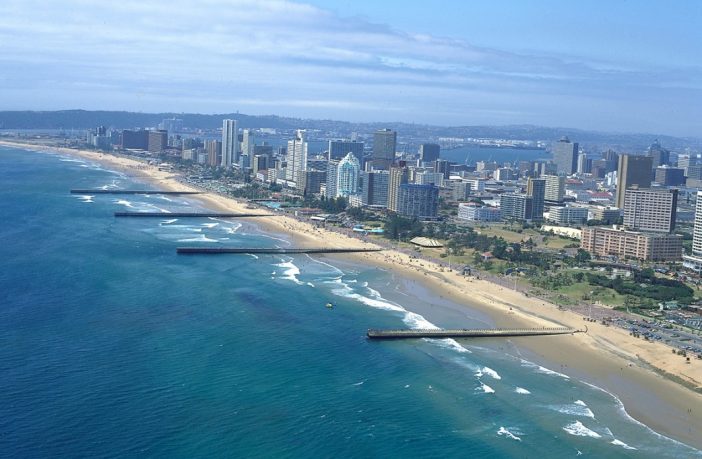- Bloomberg reports that the municipality of eThekwini (formerly Durban) has laid out plans to attract R324-billion in power plant investments by 2035 amid the country’s worst-ever electricity outages.
- South Africa is currently under an extended loadshedding programme due to the failure of the country’s state owned energy utility to provide adequate capacity. Read more
This city of about four-million people, South Africa’s third biggest, plans to issue a request for proposals for the construction of 400 MW of power generation capacity later this year or early in 2023, depending on when it gets permission from the National Treasury. The tender could attract R10-billion in investment, Sbu Ntshalintshali, the municipality’s head of energy transition, said in a presentation dated September 13. However, as an off-taker, the municipality may not be bankable because their spiralling debt crisis and political instability. Read more
Related news: Sheriff Seizes eThekwini Municipality’s Assets to Settle R30 Million Electricity Debt
eThekwini’s longer-term plans are for the procurement of 2 600 MW of generation by 2035 from a mix of power sources including coal and nuclear. The first independent plants are expected to generate electricity in 2025. The initial plants will supply solar power and electricity generated from natural gas, Ntshalintshali said.
The city is seeking to have its power supplied from the following sources:
- 940 MW of nuclear power
- 850 MW of power from natural gas
- 500 MW of coal-fired generation
- 300 MW from offshore wind-power plants
- 200 MW of photovoltaic solar power
- 110 MW generated from biomass
- 50 MW from waste-to-energy plants
- 50 MW of hydropower
Author: Bryan Groenendaal
Source: Bloomberg















